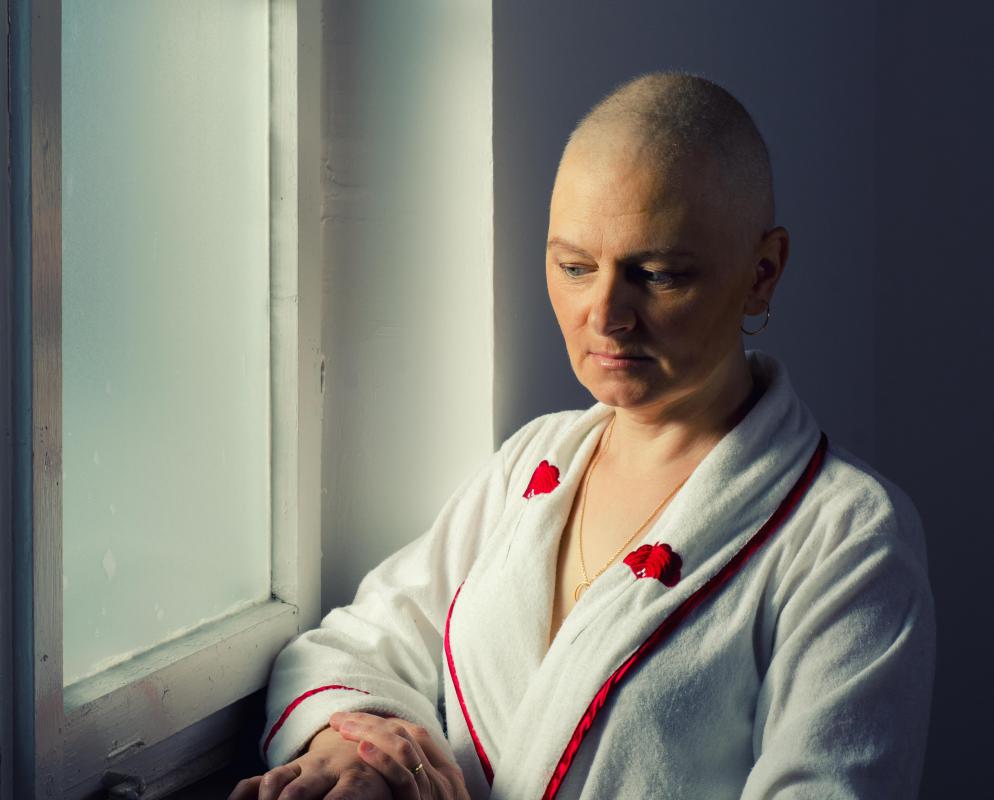At WiseGEEK, we're committed to delivering accurate, trustworthy information. Our expert-authored content is rigorously fact-checked and sourced from credible authorities. Discover how we uphold the highest standards in providing you with reliable knowledge.
How Effective is Chemotherapy for Bladder Cancer?
The effectiveness of chemotherapy for bladder cancer depends on a number of factors, including the stage of the cancer, the type of cancer, and the patient's general level of health. When patients are diagnosed with bladder cancer, the diagnosis will include the collection of as much information as possible to help patients and their doctors decide on the best treatment option. Patients may want to ask about their prognosis with different approaches to treatment to get a better idea of their available choices. It is difficult to make general statements about the prognosis with various kinds of treatment, because so many factors are involved.
Chemotherapy for bladder cancer is rarely given as a solitary therapy. For cancers in the early stages, the cancer is usually removed and the patient is given chemotherapy before or after surgery. Radiation may be involved as well. When chemotherapy is given prior to surgery, it is done with the goal of shrinking the tumor to make it easier to remove in its entirety. After surgery, it is used along with radiation to kill cancerous cells so the cancer cannot recur.

Not all cancers are responsive to chemotherapy drugs. If a cancer does not respond to an initial course of chemotherapy, other drugs and combinations may be tried. Chemotherapy for bladder cancer is, obviously, not very effective at all in cases where the drug fails to kill the cells or inhibit their growth. Chemotherapy for bladder cancer is also not curative in stage IV cancers, where the cancer has progressed so far that it is considered incurable, but it can extend the patient's life and increase patient comfort.

When a biopsy sample is taken of the cancer, a pathologist will stage it to determine how far it has spread and will also determine the type of cancer. Chemotherapy and other bladder cancer treatments are more effective on early stage cancers and cancers not known for high levels of malignancy. The pathologist's information will be used to select a chemotherapy regimen most likely to work on a given cancer and can also be used to develop a prognosis.

Patients who were in good health at the time of diagnosis are also more likely to make it through treatment, as chemotherapy, radiation, and surgery are all very hard on the body. Initially, healthy patients are more able to recover and will be less affected by the side effects of treatment. However, patients in poor health with later stage malignant cancers also may respond very well to treatments like chemotherapy for bladder cancer; every patient and every cancer is different.
AS FEATURED ON:
AS FEATURED ON:















Discuss this Article
Post your comments